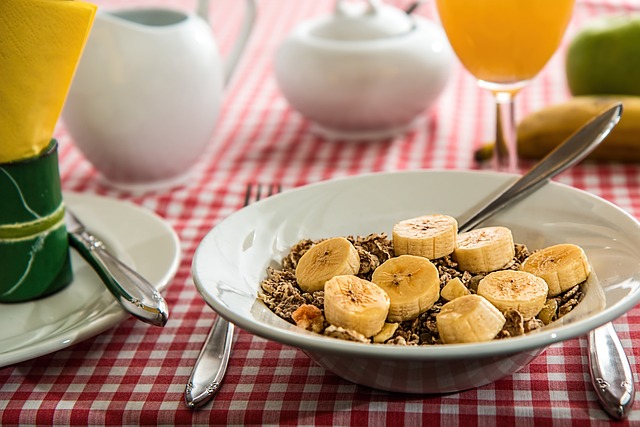‘Supercharge Your Immunity: The Ultimate Guide to Probiotics and Resilience’
The Power of Probiotics for a Resilient Immune System
In the quest for a healthy and robust immune system, you may have come across the term “probiotics.” These tiny microorganisms, often referred to as ‘good bacteria,’ play a vital role in promoting overall wellness and fortifying your body’s natural defenses against harmful pathogens.
What Are Probiotics?
Probiotics are live microorganisms that, when consumed in adequate amounts, confer health benefits to the host. While bacteria are often associated with disease, certain types of bacteria found in our gut and other parts of the body can be beneficial for our well-being. These beneficial bacteria are what we commonly refer to as probiotics.
The Gut-Immune System Connection
Did you know that approximately 70% of our immune system resides in our gut? The gut is home to trillions of microorganisms, including both good and bad bacteria. Maintaining a healthy balance of these bacteria is crucial for a well-functioning immune system.
Probiotics play a significant role in supporting the gut’s microbial balance. They help improve the diversity and abundance of beneficial bacteria, while inhibiting the overgrowth of harmful bacteria. By doing so, probiotics promote a robust immune response and improve our resilience to infections.
Benefits of Probiotics for Immunity
Integrating probiotics into your daily routine can provide a multitude of benefits for your immune system:
- Enhanced immune response: Probiotics stimulate the production of antibodies and other immune cells, enhancing the body’s ability to defend against pathogens.
- Reduced risk of infections: By maintaining a healthy balance of gut bacteria, probiotics can help reduce the risk of various infections, such as respiratory tract infections, urinary tract infections, and gastrointestinal infections.
- Alleviation of allergies: Probiotics have shown promise in reducing the severity of allergic reactions, as they can modulate the body’s immune response and promote a more balanced reaction to allergens.
- Support during antibiotic use: Antibiotics not only kill harmful bacteria but can also disrupt the beneficial bacteria in our gut. Probiotics can help restore the natural balance of gut microbiota during and after antibiotic treatment.
- Reduced inflammation: Imbalances in gut bacteria have been linked to chronic inflammation, which is associated with various health problems. Probiotics have anti-inflammatory properties and can help mitigate inflammation in the body.
Common Sources of Probiotics
Probiotics can be obtained from various food sources and supplements:
- Yogurt: Yogurt contains live cultures of beneficial bacteria, such as Lactobacillus and Bifidobacterium.
- Kefir: Kefir is a fermented milk drink rich in probiotic bacteria and yeast.
- Sauerkraut: Sauerkraut is made from fermented cabbage and is a natural source of Lactobacilli.
- Kombucha: Kombucha is a fermented tea drink that contains probiotic bacteria and beneficial acids.
- Probiotic Supplements: Probiotic capsules or tablets are available, containing specific strains and higher concentrations of beneficial bacteria.
Incorporating Probiotics into Your Routine
If you’re looking to introduce probiotics into your daily routine, here are a few tips to consider:
- Choose a variety of sources: Incorporate a diverse range of probiotic-rich foods to ensure you’re exposing your body to various strains of beneficial bacteria.
- Read labels:







